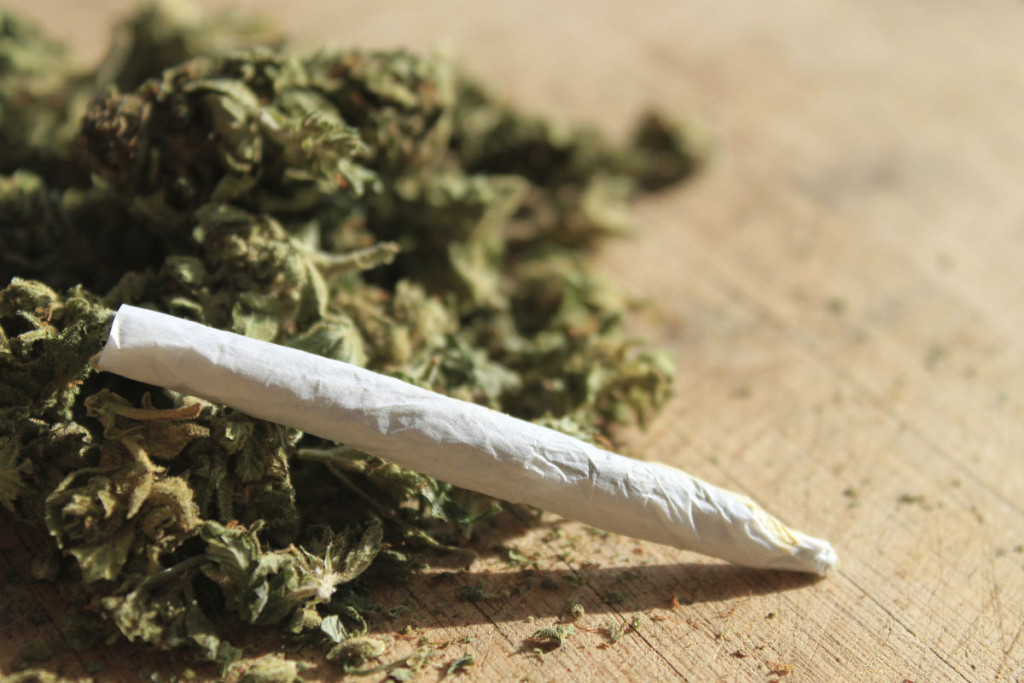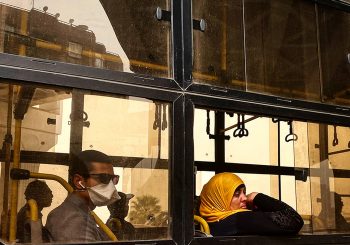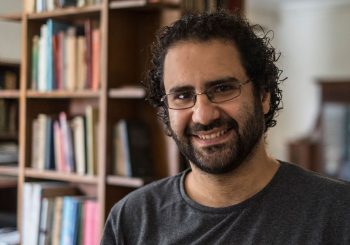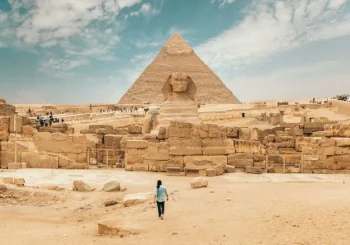The Cairo and Giza Tobacco Merchants Association submitted a proposal to the Cabinet Sunday to legalize the use and trade of hash, arguing the measure could prove an effective means to reduce the state budget deficit within a few years, according to Al-Masry Al-Youm.
In a statement on its Facebook page, association head Osama Salama said he submitted the proposal to the Legislative Reform Committee headed by Prime Minister Ibrahim Mahlab.
“We urge the state to use the ‘forbidden fruit’ rule,” said Salama explaining that “imposing 10 taxes on hash sales could generate EGP 5 billion ($700 million) in state revenues every year.”
In a phone call with The Cairo Post Monday, Salama suggested the revenues would be directed for the public interest. “The government may use this amount to improve health or education sectors, infrastructure, or however they please,” Salama said.
He suggested that during the next 10 years, the government could impose a 50 percent tax on this trade through a long-term strategy.
“According to official reports, the volume of drug industry in Egypt is estimated at 45 billion EGP with more than 40 million drug users across the country,” Salama said, adding that the Interior Ministry spends over 1 billion EGP every year in fighting the illegal trade.
“The government could benefit from this huge amount of money by directing it to fund its ongoing development projects,” said Salama, adding that the demand on hash would definitely decline if its use and trade were legalized.
Legalizing the drug would also alleviate the burden on the security forces and allow them to “focus their efforts on other national security issues,” he added.
Hash has been illegal in Egypt since the country signed the League of Nations’ Geneva International Convention on Narcotic Control in 1925.
During the past two days, Salama’s proposal was sharply criticized by several state officials, social media users and on talk show programs.
The Social Solidarity Ministry’s Drug Control and Addiction Treatment Fund said that “legalizing the hash trade as a means of tackling the budget deficit threatens Egypt’s national security and the peace of the community,” according to Al-Masry Al-Youm.
A survey carried out by the ministry in 2013 reported a close correlation between hash and crimes committed, claiming that 85 percent of rape crimes and 24 percent of premeditated murders were committed by criminals under the influence of drugs.
Drugs, mainly hash and tramadol, are the main cause of road accidents which have claimed lives of more than 12,000 people in 2014, according to the World Health Organization.
A random drug test carried out by Cairo Traffic Department on truck drivers in November revealed that 24 percent of drivers in Egypt drove under the influence of drugs.
“We should not only look at the hash legalization, which is a scientific and economic matter, from a moral viewpoint. I am being practical trying to benefit from an existing social problem,” Salama said, adding that in spite of the Interior Ministry’s efforts, only 15 percent of hash is being seized.
This article was originally published on The Cairo Post







Comments (19)
Hash is not made in the back of an RV by a chemistry teacher. Hash is a plant.
Its damage to the human body and addiction is at the same level of both hookahs and cigarettes.
It’s also beneficial as a medical product to be used by people suffering my Cancer and other illnesses.
Leglise that $h!t!!!
Hash is the main cause of road accidents in Egypt? according to the WHO? please mention your sources because this is highly doubted